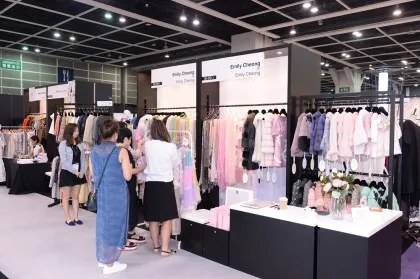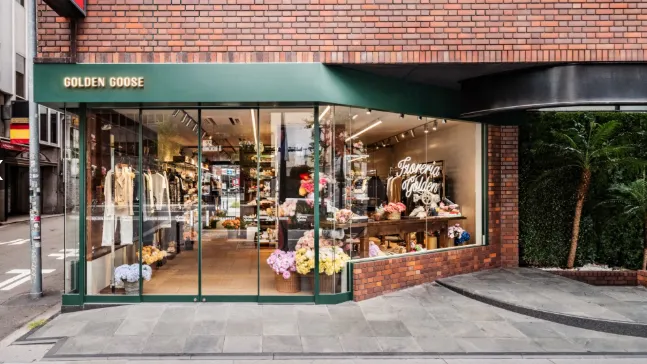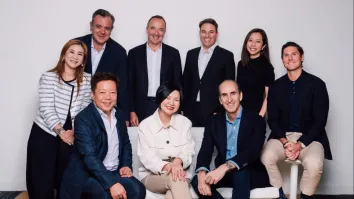
Wearable technology woven into fashion industry's future
The growth of wearable technologies is set to revolutionise the way people connect through smart devices, which will also greatly impact the fashion industry. According to a study by Allied Market Research, the wearable technology market was valued at US$19.6 billion in 2015, growing at a CAGR of 16.2% to reach US$57.7 billion by 2022. The forecast highlights the sector’s potential to boost the overall fashion industry.
A seminar on 11 July entitled Wearable Technologies for Future Fashion, jointly organised by the Hong Kong Trade Development Council (HKTDC) and the Hong Kong Research Institute of Textiles and Apparel, will discuss the topic. It is part of a seminar series to be held at the 24th Fashion Week for Spring/Summer, which will from 10 to 13 July at the Hong Kong Convention and Exhibition Centre.
Industry leaders will offer insights about upcoming trends in wearable technologies. Dr Raymond Chu, chairman of textile machinery agent Chemtax Industrial, will discuss the topic of Future Knitting with Wearable Technologies.
“Predictions of huge demand in the smart and wearable textile sector will lead to a 40% annual growth, worth US$2.5 billion by 2021. We are likely to see the biggest growth among sports fashion brands,” said Chu.
“Going forward, sophisticated sensors, heating elements – even battery chargers – will be added to fabrics using high-tech knitting machines for sport, leisure, the military, hospitals and emergency services. Such devices will be able to measure a person’s vital signs, such as heart rate, breathing, skin temperature and even perspiration levels,” he added.
The health benefits of wearable technologies will also be highlighted by Dr Roy Cheung, associate professor at the Hong Kong Polytechnic University’s Department of Rehabilitation Sciences, who will speak on Modifying the Fingerprint of Gait with Wearable Sensors.
“Sensors used in wearable devices could have health benefits, such as rehabilitation for patients with physical impairments and functional disabilities, and injury prevention for people at risk,” Cheung said. “Advances in technology, including muscle and motion sensors, mean that wearable devices will be able to provide increasingly useful data to accurately estimate a person’s biomechanics. We can use the knowledge gained, along with widely used products, to launch tailor-made training or prevention.”
Other seminars to be held at Fashion Week for Spring/Summer also spotlight major industry trends and topics, including Visionary Trends for Autumn/Winter 2018/19 for Women’s and Men’s Wear, Tips on Marketing Your E-tailing Business and Testing and Certification Services for Textiles and Garments.



















 Advertise
Advertise






